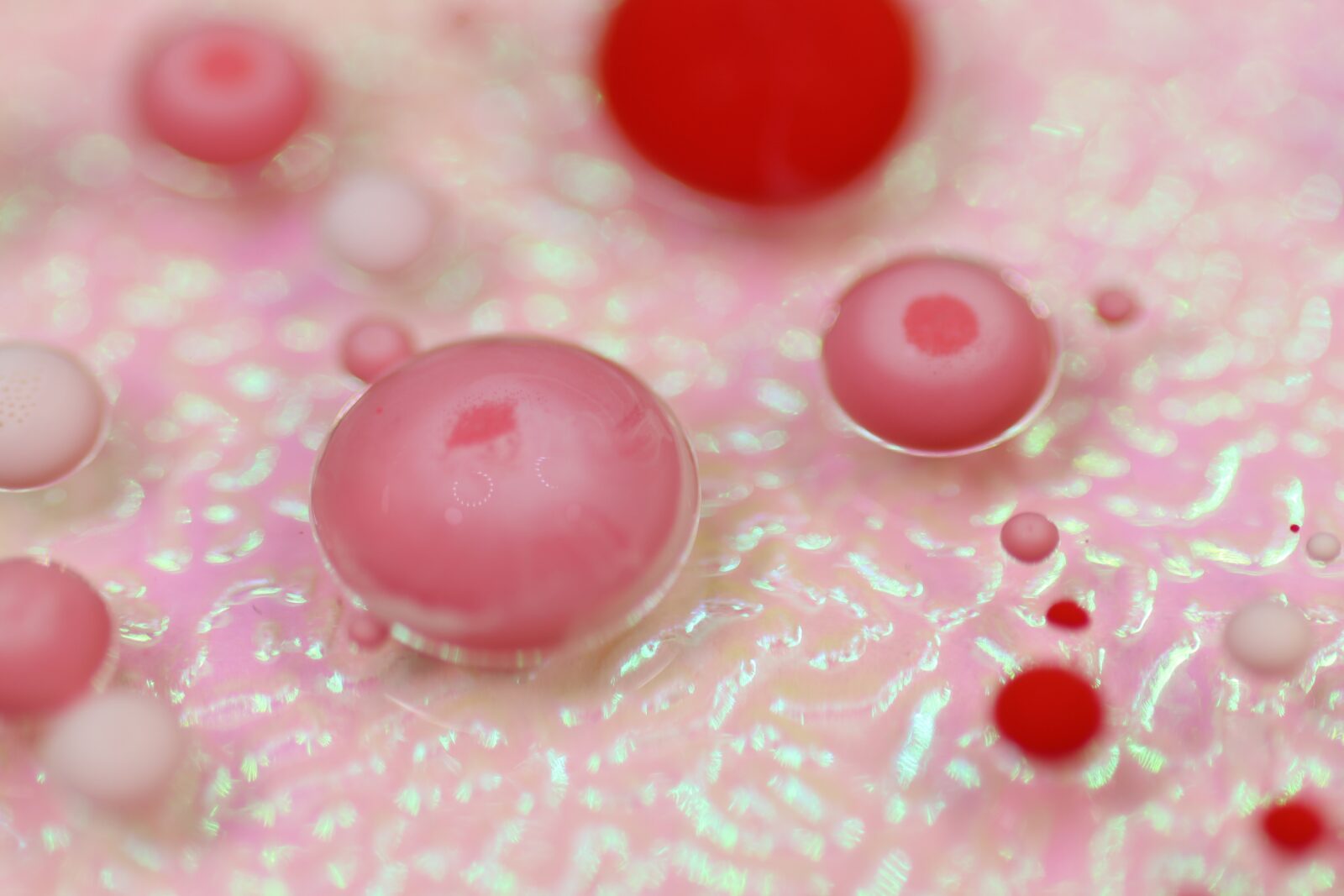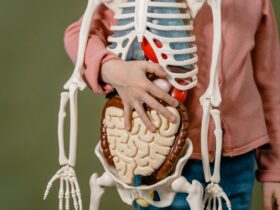What does iron do? It makes red blood cells, which are an essential part of your blood. Red blood cells carry oxygen to your body’s cells, which need it to produce energy.
Without enough red blood cells, you can’t survive. Your endurance and stamina suffer, and you become tired more easily.
Scientists believe we need 2–3 mg of iron a day, but the average adult only gets about 1 mg.
Iron deficiency is the most common nutritional deficiency in the world. It affects more than 2 billion people, mainly in poor communities.
Iron deficiency anemia, the most common type of anemia, is a situation where the hemoglobin in the blood gets too low. When this happens, the body gets too few red blood cells to carry enough oxygen to the tissues. When the oxygen level drops low enough, the body responds by increasing red blood cell production. This process takes time, however, and people with iron deficiency anemia tend to have symptoms that get worse over time.
Iron helps fight infections, helps produce hemoglobin, and is important for many other functions in the body. Iron deficiency anemia occurs in people of all ages, and is most common in young children.
Pregnant women, women who have recently given birth, and people with certain other diseases that cause blood loss through vomiting, diarrhea, or bleeding can lose too much iron and have it replaced very quickly by the body. This may cause iron deficiency anemia. Other risk factors for iron deficiency anemia include chronic diarrhea, small bowel disease, blood loss, and excessive menstrual bleeding.
People most at risk of iron deficiency anemia are those who eat little or no red meat, beans, green leafy vegetables, iron-fortified cereals, or vitamin C supplements. These are important sources of iron.
Iron deficiency anemia can be treated with supplements that supply iron. If the anemia is caused by blood loss, iron supplements can help.
The symptoms of iron deficiency anemia can be similar to those of other conditions. So your doctor may ask about your symptoms, have a physical exam, and order tests, such as a biopsy, to diagnose iron-deficiency anemia. If your doctor thinks you have iron deficiency anemia, he or she may prescribe an iron supplement or suggest that you eat more iron-rich foods.











Leave a Reply